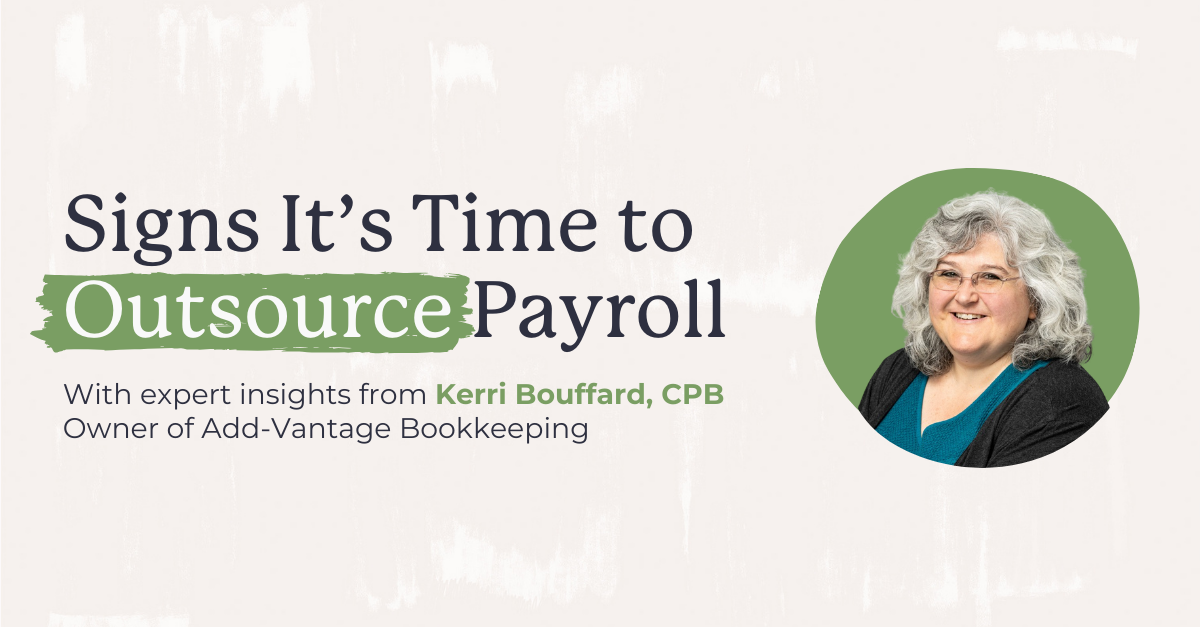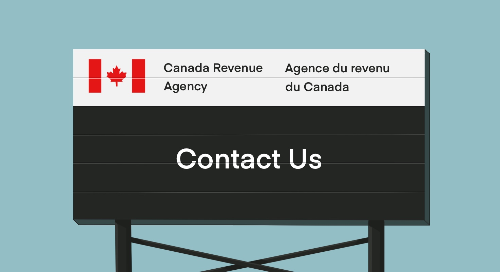Become an insider!
Get our latest payroll and small business articles sent straight to your inbox.

Onboarding is a journey — it’s a foundational part of the employee experience you offer. In onboarding, we want new employees to feel a sense of belonging, as well as learn what defines their success and what makes your business a successful one. Here are some ideas to give your small business onboarding experience a glow up!
Be proactive! Kick off your onboarding with “pre-boarding.”
Onboarding starts when you make the offer. Often, there’s a period of a few weeks before your new employee starts — this is called the “pre-boarding” period. It’s important to keep in mind that this isn’t the time to go silent!
Checking in with them a few times before their first day demonstrates that they’re not just a number in the ranks. A congratulations call or email can go a long way to showing them how excited you are to have them join the team.
Consider the small details to ease first day jitters.
Assume your new employee knows nothing about the company — don’t take for granted small details such as bringing their own lunch or what to wear. It may seem less relevant to the job, but it can help set their mind at ease, and your new employees will appreciate it!
Your new hire is likely already overwhelmed with starting a new position, and the best way to deal with this is to send an email outlining everything they may have questions about. This can include the time they start and what to expect on their first day, such as lunch with the team and a training plan — this is guaranteed to alleviate some of those first day jitters!
Bonus! Have some company swag you can give to your new team member or time to arrange a morning breakfast meet ‘n greet? Go for it! Those above and beyond touches set a positive tone and make your newbie feel welcomed.
Build a connection: The human element of onboarding.
Whether you have a small business or otherwise, onboarding is all about connection. For many employees, the most valuable aspect of their onboarding experience is the human element — meeting people, forming relationships and learning from their team.
We all want relationships that make us feel supported, included and respected, so foster an environment where your new hire will receive just that! Elements such as candid feedback and clear communication from teammates, leaders and managers are all important. Encourage questions and build connections during training, and offer mentoring from colleagues who genuinely care.
New hires have their best onboarding experience when there is mutual respect and trust that their coworkers are committed to excellence in your small business.
Clearly express your vision, values and culture.
As a leader, it’s your responsibility to integrate new employees into your culture and ensure they’re on the same page and gel with your small business’ values and vision.
Many of today’s successful companies have a core set of values that are integrated into company culture. Communicating these values to your team can be the difference between a healthy and engaged environment versus an unattached team, especially during the onboarding process!
It’s essential to introduce and emphasize core values into all your processes, from recruitment and onboarding to branding and even internal communications. Reinforce and repeat your message across platforms to affirm organizational focus. And remember, it’s not only about what you say; it’s also about what you repeat and do!
The fastest way to get a new hire to understand and believe your company values is to establish trust and communication early on, no matter the level of employee. Be hands on and available, allow them to learn about and enjoy their colleagues and set up meetings with others who are great at driving home your vision.
Create a learning environment.
A learning environment impacts all areas of your company, from productivity to retention. During onboarding for your small business, some learning will be organic and informal, but it’s important to have structured and formalized learning, too!
Make training easily accessible and as seamless and as friction-free as possible. Establish that learning is a top priority from day one — the concept of learning should be ingrained in your employees from the moment they join your team!
A well-planned and effective onboarding process can include courses in a Learning Management System (LMS) (we’re fans of Udemy here at Wagepoint!), workshops and mentoring. Less structured learning can include one-on-one coaching, group problem solving and face-to-face training. All can be incredibly effective when brought together in a blended learning model.
Your new hire will become accustomed to learning from the get-go and, when given the opportunity, continue to learn throughout their career with your business.
Follow up with your new hire.
One of the most crucial steps to onboarding for your small business is following up! Call or email your new employee one month, two months or three months after their first day to get insight on how they are transitioning and how the team as a whole is jiving. Ask them if they have the resources they need to do their job well and how you can further support them.
Be open to suggestions and listen to their experience. Use their feedback to create an even better onboarding experience for your next newbie. All feedback is a gift!










